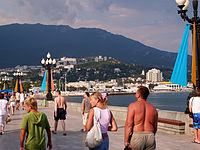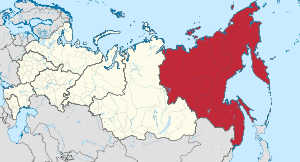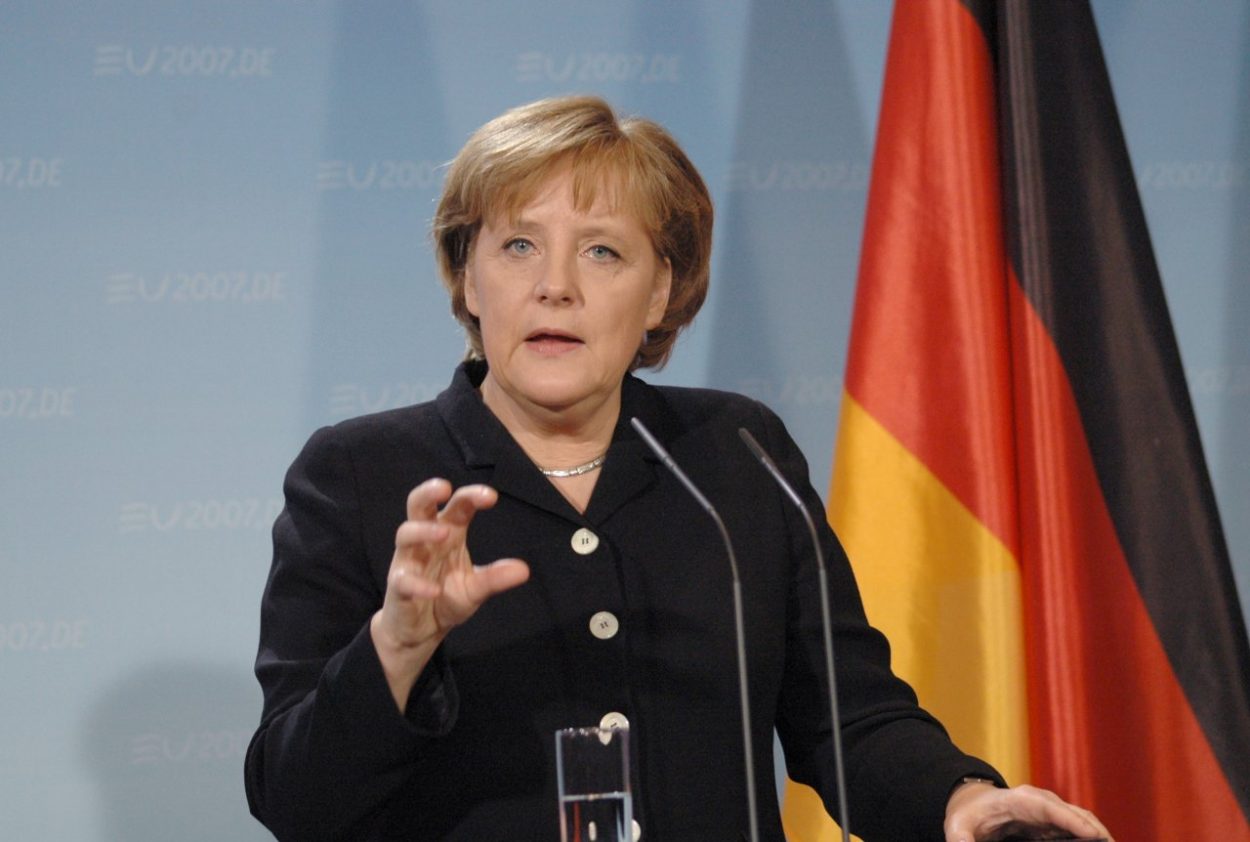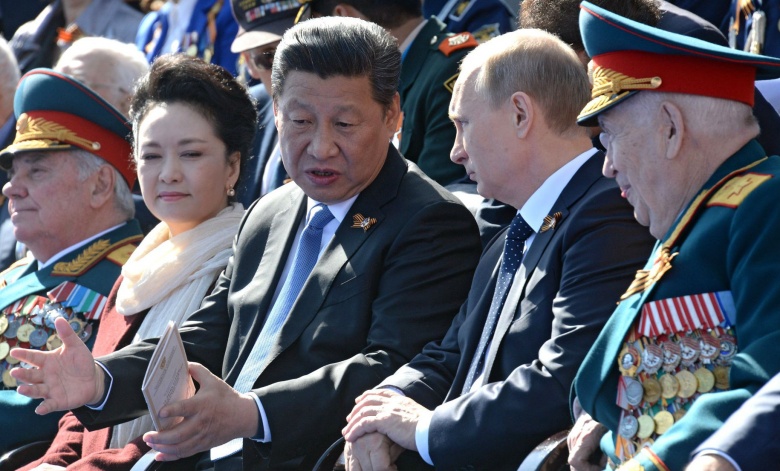by Robert Whitcomb | Aug 11, 2016 | News
The Washington Post reported on a story that worries Turkey’s NATO allies:
“The leaders of Turkey and Russia pledged on Aug. 9 to restart key energy projects and roll back sanctions, seeking to rebuild ties as Turkey looks beyond its NATO partners for support following a failed coup attempt last month.
“In his first trip abroad since the attempted takeover by the military, Turkish President Recep Tayyip Erdogan openly courted Russia — in vivid contrast to recent and bitter hostilities with Moscow, especially over Syria’s civil war.
“….The Turkish leader repeatedly thanked Putin for his rapid offer of aid following the coup attempt, and called for relations between the two countries to return ‘to their pre-{Syrian} crisis level, or even higher.”’
To read the article, please hit this link.
by Robert Whitcomb | Aug 11, 2016 | News

In the resort of Yalta, in Crimea.
In what mean more Russian military attacks against Ukraine, Russian President Vladimir Putin ordered naval war games in the Black Sea after he accused Ukraine of sending saboteurs into Crimea, which Russia seized from Ukraine in 2014.
Ukrainian and other observers fear that Russia may plan to ramp up fighting in the war between Ukraine and pro-Russian and Russian armed separatists.
Reuters speculated: “Such an escalation could be used by Putin to demand better terms in the Ukraine peace process, or to inflame nationalist passions at home ahead of Russian parliamentary elections next month.”
To read the Reuters story, please hit this link.
by Robert Whitcomb | Aug 10, 2016 | News
In the sort of mass public protest that is increasingly unusual under Russia’s authoritarian government, hundreds of critics of the Russian government of President Vladimir Putin armed with a rare demonstration gathered in Moscow on Aug. 9 to protest a new set of so-called antiterrorism laws.
The laws include requirements to store all communications data for six months, and phone and texting records for one to three years.
The New York Times reported that protesters “decried the legislation as an assault on privacy and internet freedom. …”
The Times continued: “For just over an hour, speakers at the rally — activists, politicians and technology experts — called on Russians to resist government attempts to tighten control over the internet, which many view as the last safe space for dissent in Russia. For just over an hour, speakers at the rally — activists, politicians and technology experts — called on Russians to resist government attempts to tighten control over the Internet, which many view as the last safe space for dissent in Russia.”
To read The New York Times story, please hit this link.
by Robert Whitcomb | Jul 19, 2016 | News

Russian President Vladimir Putin won’t admit to the massive state-sponsored doping of Russia’s would-be Olympic athletes because that might be seen as admitting that Mr. Putin himself
is a criminal.
And so, Bloomberg reports, “Putin appears less and less willing to cooperate with international sports organizations and increasingly inclined to complain about political conspiracies against his country.”
“The issue is no longer just Russian athletes’ participation in the Rio Olympics: It’s about Putin’s state being labeled as criminal. Putin’s reaction under these circumstances — as when a Malaysian airliner was shot down over eastern Ukraine two years ago and Russia and its proxies were strongly implicated — is to deny, deny, deny.”
To read more, please hit this link.
by Robert Whitcomb | Jul 14, 2016 | News
Lucian Kim writes in a Reuters opinion piece that the Russian athletes’ “doping scandal is a symptom of a much larger problem: the casual disregard for the truth that has become a hallmark of {Russian President Vladimir} Putin’s rule. In a country where elections are rigged, lawsuits are fabricated, and state TV spews lies around the clock, it’s hard to know what ordinary citizens are to believe anymore. Beyond politics, corruption has not only gnawed away at Russia’s reputation as a sports powerhouse, but cheapened the prestige of its once-vaunted institutions of higher education.
“Putin’s initial denial of Russia’s 2014 military intervention in Crimea — followed by a later admission of it — was the clearest demonstration of the Kremlin’s belief that the ends justify the means. Many Russians seem to agree.
“In a poll taken by the independent Levada Center in April 2015, 37 percent of respondents said they believed their government that Russia wasn’t militarily involved in eastern Ukraine. An almost equal portion, 38 percent, said that ‘even if there are Russian soldiers and military equipment in Ukraine, it’s the correct policy for Russia to deny these facts in the current global situation.’ ”
To read Mr. Kim’s essay, please hit this link.
by Robert Whitcomb | Jul 14, 2016 | News

The Russian Far East is in red.
Many Russians fear that their nation’s Far East could end up being absorbed by China, with its 1.4 billion people and huge economy.
So the Russian government, following the directive of strongman President Vladimir Putin, is offering to give land to lure Russian settlers to the vast region. The nine Far Eastern regions covered by the program take up more than a third of Russia’s area but are home to only 6.1 million people, compared with the 110 million Chinese living across the border in Manchuria.
Mr. Putin said in 2013 that the development of Siberia and the Far East must be “our national priority for the entire 21st Century.”
To read a New York Times piece on this, please hit this link.
by Robert Whitcomb | Jun 17, 2016 | Initiative
The New York Times reports that “there is a widespread recognition that the Western alliance has yet to develop a strategy” to counter Russia’s increasingly aggressive actions against NATO members in cyberspace.
“While there are frequent conferences and papers, there are no serious military plans, apart from locking down the alliance’s own networks. Russia, China and Iran have increasingly sophisticated offensive cyberforces; NATO has none, and no established mechanism to draw on United States Cyber Command or its British equivalent.”
To read the entire story, please hit this link.

by Robert Whitcomb | Jun 12, 2016 | AI World Society Summit
(June 13th, 2016) German Chancellor Angela Merkel said on June 10 that implementing the Minsk Agreement to end the conflict between Russia and Ukraine would end sanctions imposed against Russia for its seizure of Crimea from Ukraine and its ongoing attacks on the latter nation’s east.

Mrs. Merkel also said that in the long term, the European Union should aim for a vast common economic zone with Russia extending from Russia’s Pacific coast to Portugal.
“We should move gradually towards this goal,” she said.
The Boston Global Forum last December named Chancellor Merkel a “World Leader for Peace, Security and Development’’.
Hit this link for more details.
by Robert Whitcomb | Jun 12, 2016 | Event Updates
Do the actions of the G7 nations meeting at their May 26-27 summit in Japan suggest that Russian aggression against Ukraine and Chinese aggression in the South China Sea will not succeed in the long run because of pushback from the G7 industrialized democracies? Joshua W. Walker of the German Marshall Fund discusses this in The National Interest.

He concludes:
“The significance of this year’s G7 in Japan in advance of the G20 in China in September will be judged by which summit ultimately sets the tone for either the enduring nature of the liberal international order or sweeping tide of revisionist authoritarianism. Obama’s historic Hiroshima and Vietnam visits were symbolic of the legacy he hopes to leave. Yet, symbolism risks complacency without action. The G7’s latest initiative for global infrastructure development confirmed the member countries’ internationalist commitment but whether they can remain unified in the face of Chinese and Russian revisionist alternatives such as OBOR {One Belt, One Road} or the {Russiian-led} Eurasian Economic Union will have to be seen. As Japan passes the G7 baton to Italy next year, the world anxiously expects the world’s seven most advanced democracies and economies to lead toward the triumph of internationalism over revisionism.’’
To read the article, hit this link.




